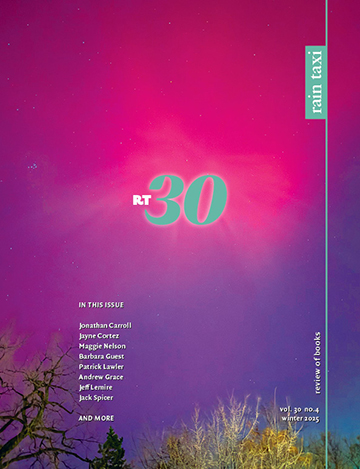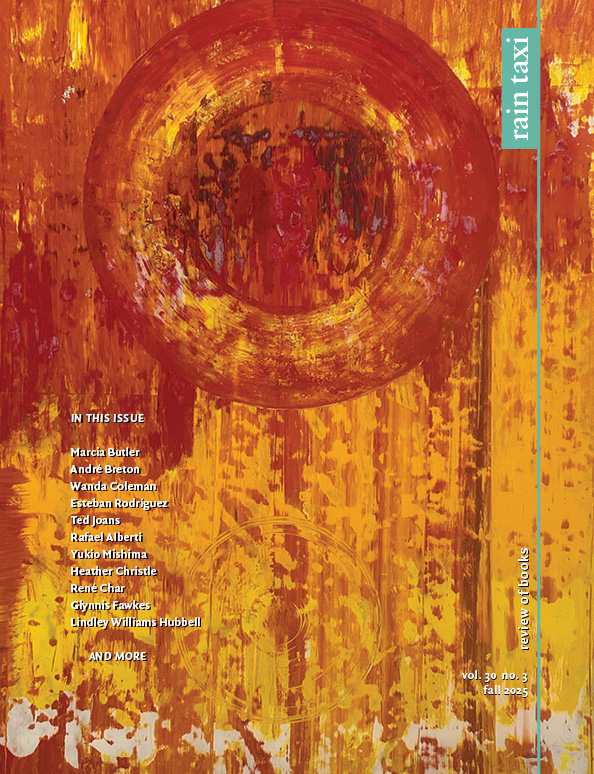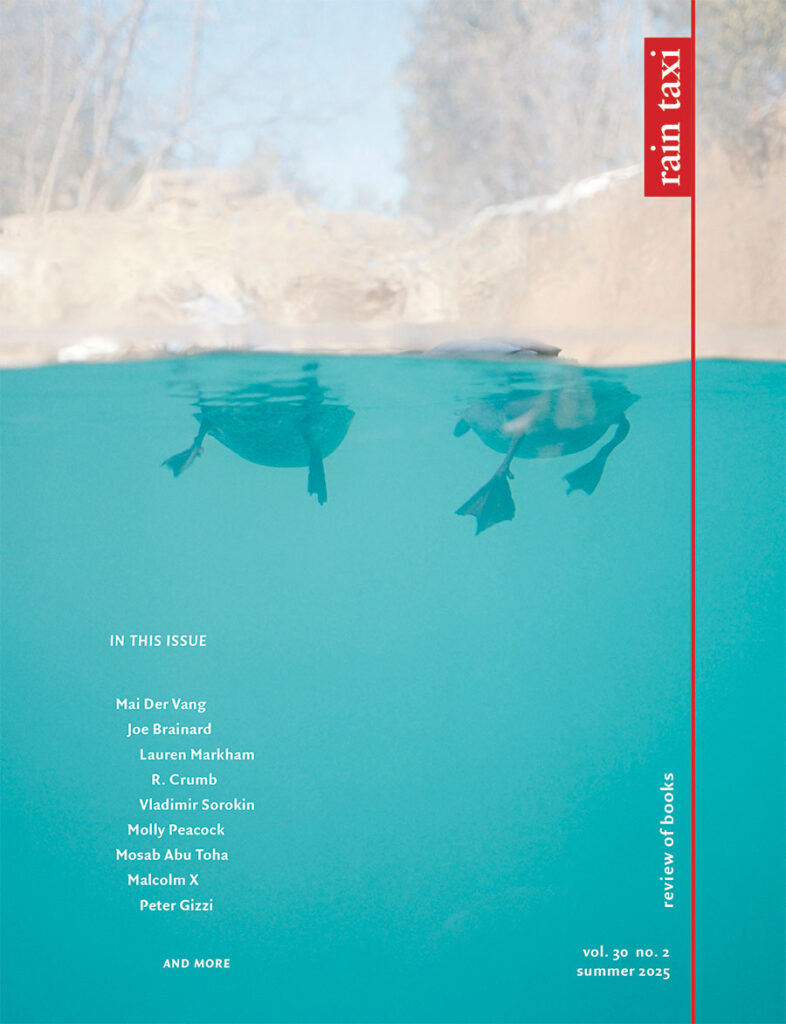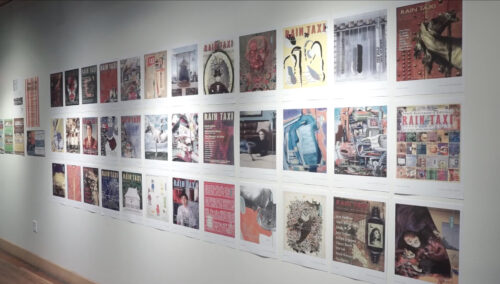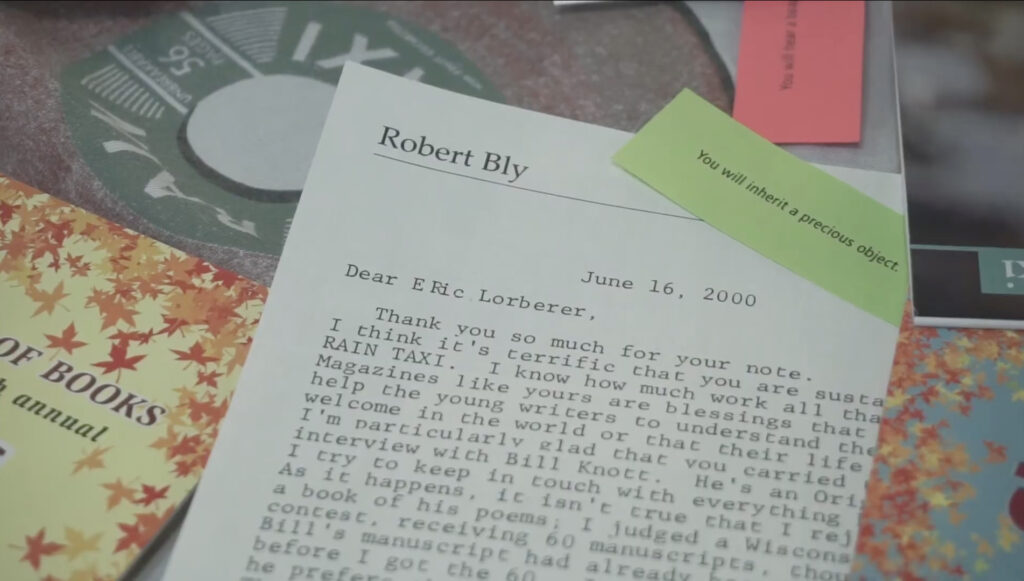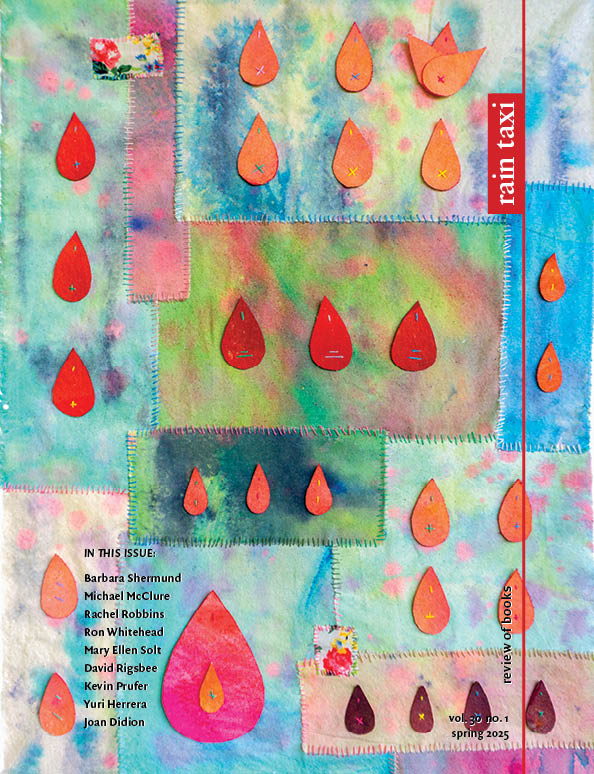Ed Bok Lee, Robert Hedin, and Kaija Straumanis
in conversation
Tuesday, February 10, 2026, 7:00pm
Magers & Quinn Booksellers
3038 Hennepin Ave, Minneapolis
Join us for an evening focused on great literary translation, co-presented with Magers & Quinn Booksellers! Three Minnesota translators with new releases from Korean, Norwegian, and Latvian will read from and discuss their work, moderated by Rain Taxi editor Eric Lorberer.
About the Translators
Ed Bok Lee began writing poetry while in kindergarten in Seoul, South Korea; since then he has published three acclaimed books of poetry. His poems have been translated into French, Italian, Spanish, Korean, and Chinese, and his honors include an American Book Award, an Asian American Literary Award, a Minnesota Book Award, and a PEN/Open Book Award. As a translator, Lee received the Modern Korean Literature Translation Grand Prize in Poetry; his translations have ranged from the prose of science fiction writer Anatoli Kim (Kazakstan/Russia) to Smiling in an Old Photograph: Poems by Kim Ki-taek and Hail, Che! by Pak Jeong-dae (South Korea). Lee teaches at Metro State University.
Robert Hedin is the author, translator, and editor of more than two dozen books of poetry. The recipient of many honors and awards for his work, he has taught at the University of Alaska, the University of Minnesota, St. Olaf College, and Wake Forest University. He is co-founder and former director of the Anderson Center at Tower View, a residential artist retreat in Red Wing, Minnesota.
Kaija Straumanis is an award-winning translator from the Latvian, and is the Editorial Director of Coffee House Press. Her translations include works by such authors as Inga Ābele, Jānis Joņevs, and Gundega Repše, among others. She received a 2020 NEA Literature Translation Fellowship for her work on Forest Daughters edited by Sanita Reinsone. Her most recent translation, The River by Laura Vinogradova, was longlisted for the 2026 PEN Translation Prize.




